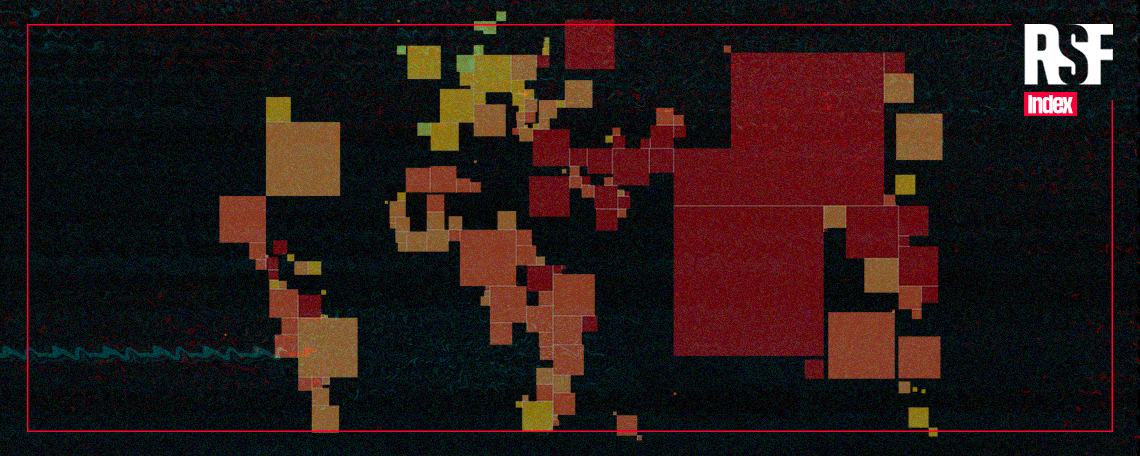
On April 19, 2024, a pilot study published in the Journal of Neurosurgery: Spine explored the use of wearable technology to assess postural ergonomics and provide biofeedback to neurosurgeons. The study was conducted by Alejandro Zulbaran-Rojas, M.D., from Baylor College of Medicine in Houston.
The study involved equipping 10 neurosurgeons with two wearable sensors on the back of their head and upper back during 11 procedures. The results showed that surgeons maintained a static posture for more than half of the active surgical time, with spine procedures showing differences in posture based on the use of an exoscope while standing. Transitions between standing exoscope use and sitting microscope use during cranial procedures also affected posture. Taller surgeons exhibited longer periods in flexed and extended static postures.
The study also found variations in self-assessments of procedure difficulty by both trainees and attendings postoperatively. Zulbaran-Rojas highlighted the potential of wearable technology to identify neglected postures and enable prompt correction during surgery.
One author disclosed ties to BioSensics, a developer of wearable sensors. The findings suggest that wearable technology could be a valuable tool for improving postural ergonomics and providing objective biofeedback to neurosurgeons during procedures, ultimately enhancing surgical outcomes.






